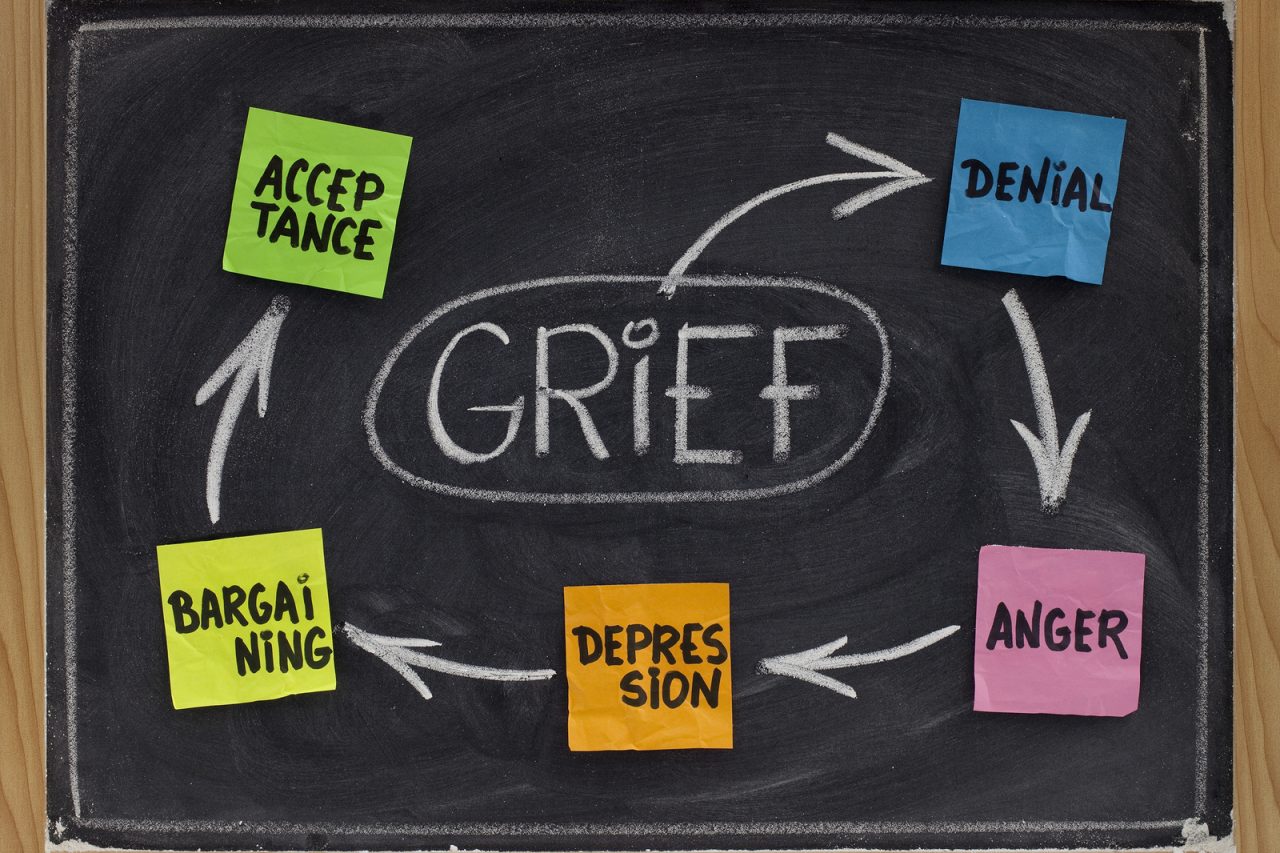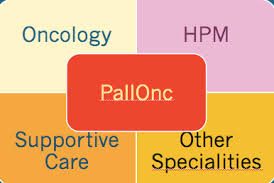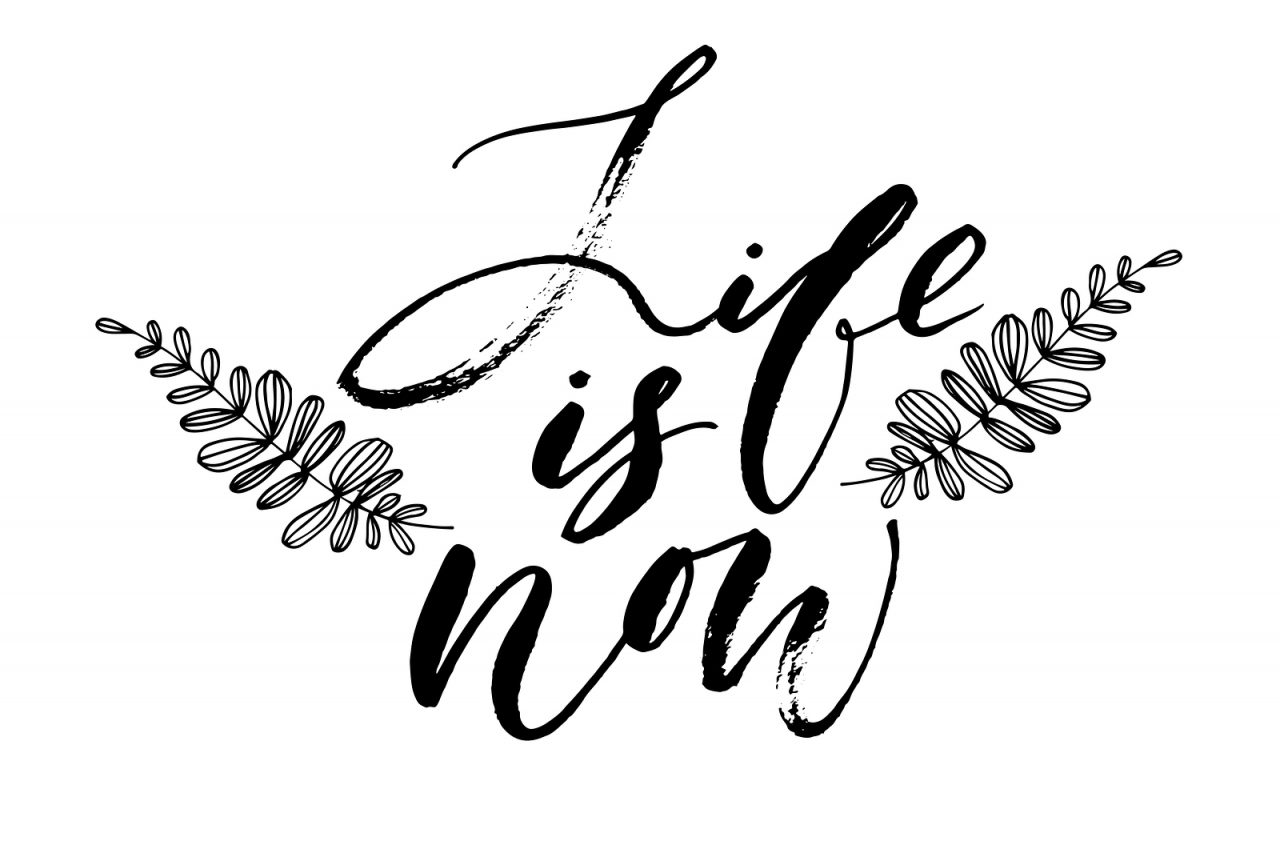She added, with some passion, “And it’s death! The casual vacancy, the casualness with which death comes down. You expect a fanfare, you expect some sort of pathos or grandeur to it. And, you know, the first big death I ever suffered was my mother’s, and it was that that was so shocking: just gone.”
JK Rawlings 2012
An infant’s steps, unsteady, indirect, supremely hesitant, are met with cheers of family and the deepest mother’s love. We respond to a child’s first words with joy and laughter. Gifts, wrapping and cake celebrate every birthday.
And so it goes. Our lives are marked with recognition and ceremony. But, the last steps of a man? That final crawl to bed or collapse on the floor? What greets those precious final moments, the closing memory, the last touch of earth? Perhaps, our great fear is that it will be met with silence.
The quote above, from a New Yorker interview by Ian Parker of the novelist JK Rawlings, was for me a revelation. The approach of the end of our lives, for many, is not tainted by the terror of death, but fear that we will finish life’s glory with banal indifference, without recognition of what we have seen, done and learned, and that we will simply vanish; a candle snuffed by a sudden callous wind.
Through life, we strive to mark the journey; Birthdays, graduations, holidays, awards, monuments, memoir, photographs, artistic creation, movies, lectures, writings, construction and endless conversation. We record our work, knowledge and loves. We desperately need our passing through this world to have meaning.
What is Facebook if not the ultimate crowd biography to note, immortalize and share every moment, no matter how routine or dull. ”I am here! I live! I roar! Do not forget me!”
Men and women fear a point in life when the thousands of sunsets, the fabulous meals, the books, the teachings, the travel and everything wondrous that has filled every moment, will be reduced to a bedpan, a soiled sheet, an empty corner, a handful of pills, a fluorescent ceiling and strangers to whom we are just a withered, wasted, foul body. We fear death without fanfare, without cheers or absent the love and respect of friends and family.
This is what we mean when we beg for final “dignity.” Yes, we want to be clean, mobile, alert and able to take care of ourselves. We want to be in our own home. We want to make our own decisions. Nonetheless, what we really want, as life ends, is to be valuable and human. To share the beauty of life and the memory of what we have done.
We want, one more time, to celebrate; to say and receive thanks; to laugh, cry, hug and share; to apologize; to teach and learn; to love. “God, it has been fabulous to be alive!”
The last steps of a man, unsteady, supremely hesitant, must be met with the deepest of respect and recognition. We must not vanish in a puff, but one more time feel warmth on the evening breeze. Rawlings is right; death comes too soon, and leaves a sudden absence, an emptiness. However, together perhaps, we can find closure in the final days of life, by celebrating the grandeur that it has been.







8 Comments